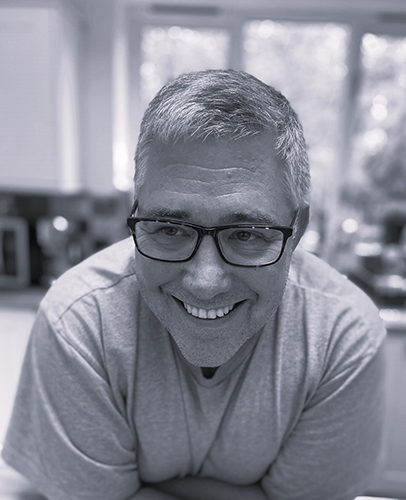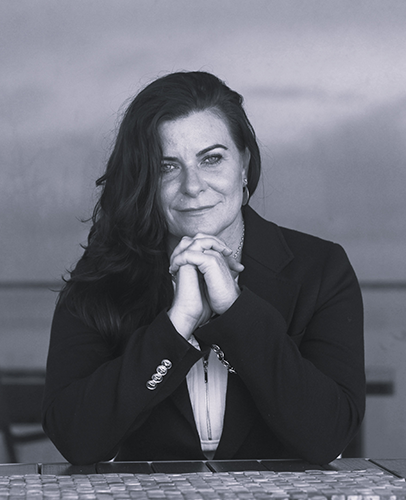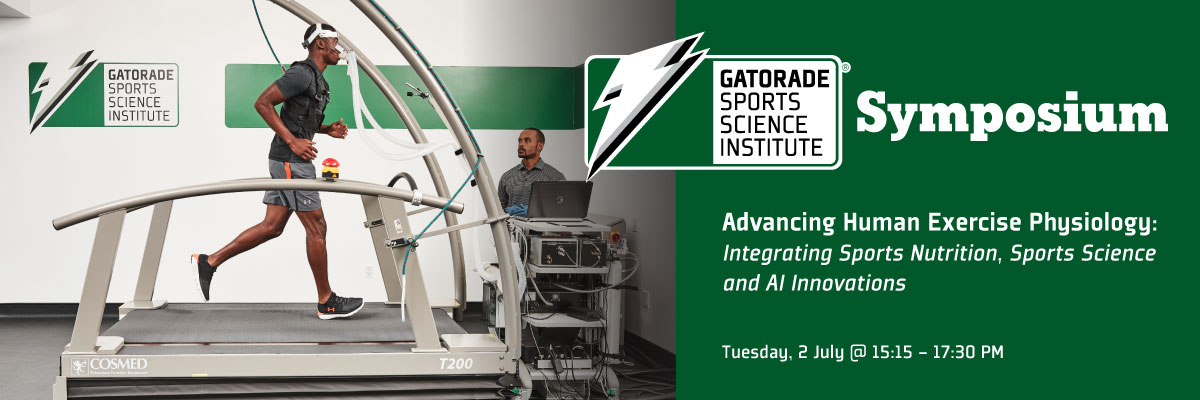Advancing Human Exercise Physiology: Integrating Sports Nutrition, Sports Science and AI Innovations
Human exercise physiology is the cornerstone to understand the demands of physical activity, which in turn provides the rationale to inform accompanying training and sports nutrition interventions. As such, this symposium will open with Prof. Paul Greenhaff sharing his experience and advice on the importance of contemporary human exercise physiology research.
In reflection of these demands Prof. Louise Burke will discuss the corresponding sports nutrition interventions to support exercise physiology. In this talk, evidence informed practice will be covered before discussing those gaps in the literature for research opportunity.
The consequence of the physical demands and physiological response to exercise is a refractory period where the body begins remodeling processes to adapt to the stimulus encountered. Prof. Shona Halson will reflect on why this occasion has grown in importance in professional sport before reviewing interventions to maximise adaptation, as well as speed the restoration of physiological function and the conflict this sometimes ensures.
Finally, it is impossible to avoid the role that Artificial Intelligence (AI) has begun to play in our daily lives, the lives of athletes and research in sport and exercise science. To conclude the symposium, Dr. Ali Boolani will discuss the efficacy, promises and pitfalls of AI and its potential application to the field of both human exercise physiology and corresponding sports nutrition interventions.
Date: Tuesday, 2 July
Time: 15:15-17:30
Session room: Clyde Auditorium
CHAIR

Dr. Ian Rollo
Principal Scientist
Gatorade Sports Science Institute
Leicester, United Kingdom
Read CV
SPEAKERS

Prof. Paul Greenhaff
University of Nottingham
Nottingham, United Kingdom
Read CV
The Value of Contemporary Human Physiology in Sport and Exercise Sciences
Whilst animal models have provided important mechanistic insight, it is irrefutable that the human is the most appropriate model to understand acute responses and chronic adaptation to exercise intervention in humans. Moreover, advances in non-invasive techniques such as magnetic resonance imaging, combined with powerful ‘omics technologies and stable isotope tracers, now allow us to approach the human as the ultimate experimental model for increasing understanding of human adaptation to exercise, which will be a focus of this presentation. A further focus will be to develop the view that the most impactful advances in the field of sport and exercise science, including human cellular and molecular biology research, will be best achieved when study design and physiological end-point measurements are optimised to bring temporal and tissue specific resolution.

Prof. Louise Burke
Australian Catholic University
Melbourne, Australia
Read CV
Nutrition to Augment Physiology (in Sports Performance)
The Godfather of Modern Fitness, Jack LaLanne observed back in the 1950s that “Exercise is King, Nutrition is Queen. Put them together and you have a kingdom”. Seventy years later, we recognise the wisdom of that statement via an evidence base that ranges from the cellular view of exercise through to world records and gold medals. While exercise provides the major stimulus to the adaptations that make our bodies healthier and better performing, nutrition provides a tool to augment the responses of the muscle and associated inter-organ cross-talk. This session will summarise our latest understanding of three different interactions between nutrition and exercise. The first theme involves our capacity to exercise and recognises that a range of factors related to the exercise task, the athlete and the environment interact to create physiological conditions can constrain the duration or the outputs of the session. Whether this pertains to an athlete’s ability to train hard or to compete optimally, key performance constraints can be addressed by nutritional strategies undertaken before, during and between sessions to reduce or delay the onset of the performance decline. The second theme relates to nutritional support to optimise the adaptation to the exercise stimulus and includes the availability of building blocks and co-factors in the synthesis of new tissues or other proteins. Finally, a new area of interest relates to muscle interaction with other organs and body systems, with a potential role for nutrition in the exercise-associated cross-talk . Examples with relation to sports performance will be provided, in keeping with the presenter’s expertise. Here it will be noted that sports nutrition is complex and nuanced area of science and practice, with athletes requiring bespoke solutions for their unique challenges.

Prof. Shona Halson
Australian Catholic University
Brisbane, Australia
Read CV
Evaluation of Interventions to Maximise Adaptation and/or Restore Physiological Function After Exercise
The utilisation of recovery strategies post-exercise has become both a common and controversial part of an athletes training program. When recovery interventions are not implemented after training and/or competition, individuals will recover at their own rate following exercise. However, it is proposed that by introducing recovery strategies that aim to restore physiological function, the recovery process can be hastened. Recovery modalities also aim to influence various biomechanical, neurological and/or psychological domains, in addition to physiological and performance outcomes. While research investigating the effectiveness of recovery strategies is increasing, there is still significant variability in the amount and quality of evidence for many popular strategies. This session will highlight and outline the need for a discerning approach to the use of both acute and chronic recovery. The use of fundamental recovery strategies and key points to consider including type, timing and the desired outcomes of training to maximize both physiological function following exercise and long term adaptation to training will also be presented.

Dr. Ali Boolani
Associate Principal Scientist
Gatorade Sports Science Institute
Valhalla, USA
Read CV
Artificial Intelligence in Exercise and Sports Science: The reality, the hype, the promises and the pitfalls
ChatGPT’s release increased the attention of the role that Artificial Intelligence (AI) can play in our daily lives, including how AI can evolve Exercise and Sports Science. Although the use of advanced computational models is not new in the field of exercise and sports science, the increased focus has brought about significant advances, while also raising questions about the efficacy, promises and pitfalls of AI in the field. The purpose of this talk is to identify the differences between the reality and the hype of the use cases of AI in the field of exercise and sports sciences, from wearable technologies to marker-less motion capture, to data quality, interpretability and context, to the athlete digital twin. The talk will also help identify some promises and pitfalls of this technology, including ethical dilemmas.

